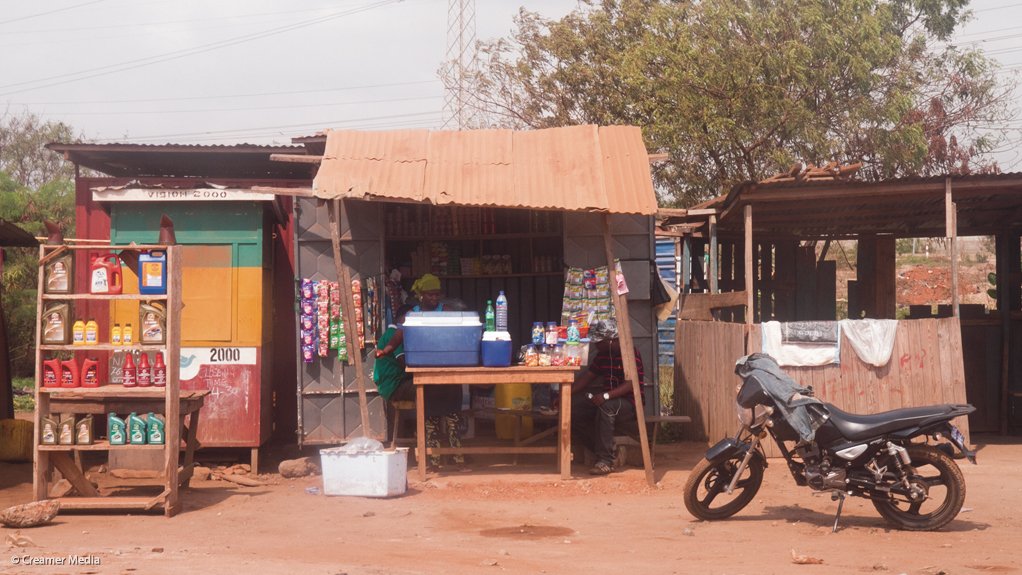Luxembourg last week became the African Development Bank’s (AfDB’s) twenty-sixth nonregional member country, further strengthening its commitment to contributing to Africa’s development through the use of the AfDB’s multilateral instruments.
Over the next eight years, Luxembourg would provide €25-million to the AfDB’s development efforts on the African continent.
“Luxembourg’s membership is [further] testimony [to the attractiveness of the] AfDB group. This [highlights] the crucial role our institution plays in support[ing] African economies and the wellbeing of the [continent’s] populations,” AfDB president Donald Kaberuka said.
Luxembourg Finance Minister Pierre Gramegna said the country’s AfDB membership was a continuation of its long-standing interest in and support for Africa.
“African Development Fund countries, such as Mali, Niger, Burkina Faso, Senegal and Cape Verde, are countries of special focus for Luxembourg’s cooperation on the continent. Sub-Saharan Africa is the primary area of concentration of our cooperation. Therefore, our membership will reinforce the country’s action in favour of its African partners,” he stated.
Meanwhile, Kaberuka said, through Luxembourg joining, the AfDB was also reminded that it had to do more to improve the living conditions of Africans by focusing on inclusive growth, as set out in the bank’s ten-year strategy.
Gramegna added that the AfDB’s policies and strategies and those of Luxembourg’s development assistance contributed to the same sustainable development objective of reducing poverty on the African continent.
Gramegna also identified sectors, such as the renewable energy and the financial sectors, on which his government intended to focus.
He pointed out that the Luxembourg Ministry of Cooperation and Humanitarian Action and the Ministry of Finance would reinforce collaboration so as to improve the impact of Luxembourg’s intervention in the sector of renewable energy.
Meanwhile, Kaberuka expressed hope for Africa’s future given the dynamism that could be observed in African countries.
“This dynamism is not owing to [the] financial capital countries bring to the table, it is owing to African human capital [and] the actions of African men and women. They constitute the true capital,” he stressed.
Kaberuka said that growth was good for social justice and for countries’ development dynamics; however, he stated that African countries had to go beyond growth to ensure that the current trend translated into a true improvement in the living conditions of a large number of people.
EMAIL THIS ARTICLE SAVE THIS ARTICLE
To subscribe email subscriptions@creamermedia.co.za or click here
To advertise email advertising@creamermedia.co.za or click here











